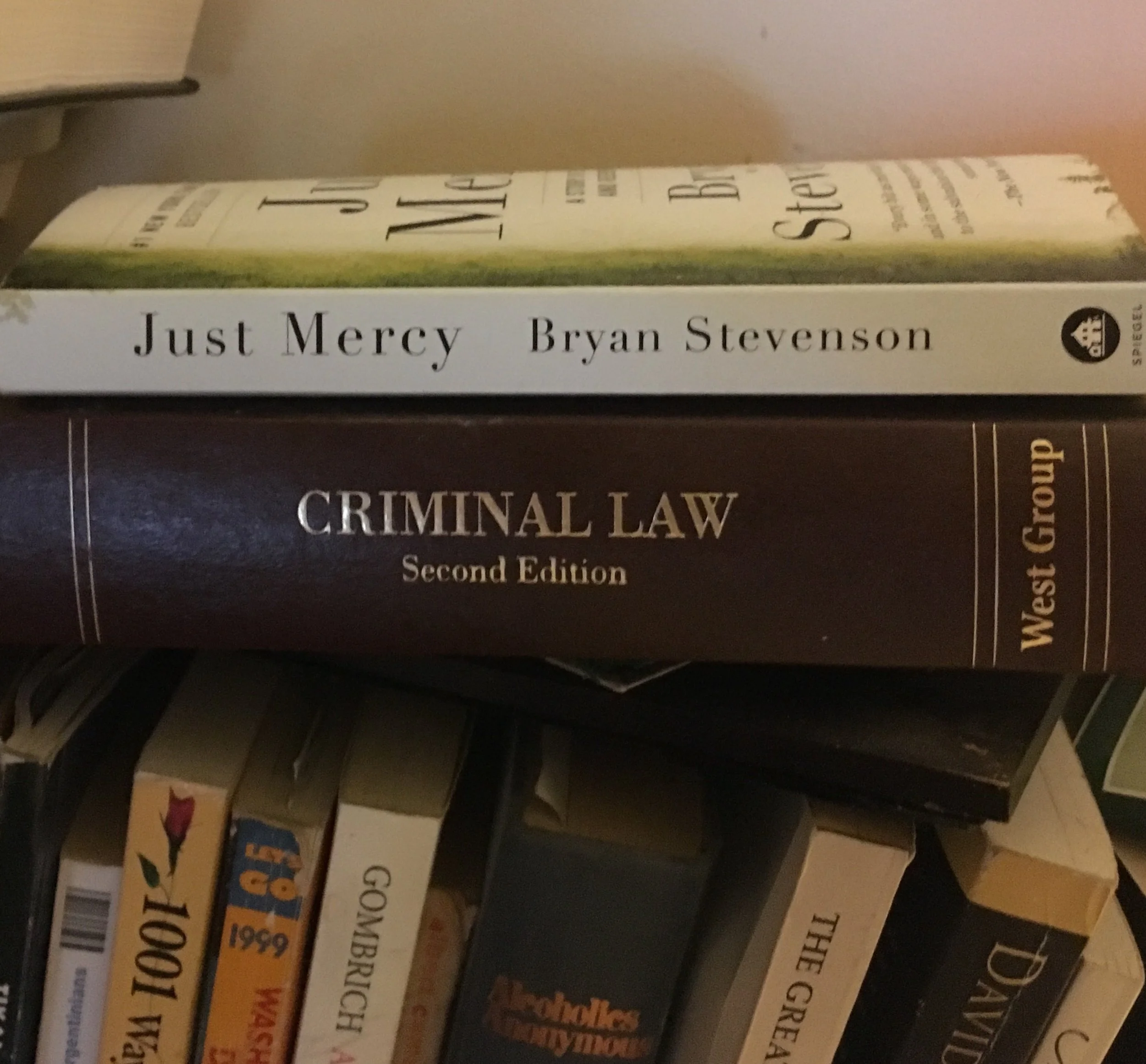Media Ethics: Restraint? Or License?
Understanding journalism is complicated by the fact that most people get their history of journalism from journalists. Self-serving myths are the necessary consequence. It is further complicated by the fact that the non-journalists allowed into the discussion are public intellectuals grown fat on the symbiotic relationship between the academy and the media who need experts who return their calls.
The single biggest problem with American media is that to be respectable you have to put “truth” first and readers second. Imagine if legal ethics put “justice” before the client or medical ethics put public health before the “patient”?
Serving an abstract concept isn’t a restraint. It’s a license. Such a lawyer could deliberately send an innocent client to the electric chair and such a doctor could be working ethically at Auschwitz.
A model of serving readers faithfully and ethically would take away the license used, for example, by the New York Times to destroy the candidacy of Hillary Clinton (and Al Gore) because it doesn't serve the readers of the Times to destroy the person the readers want to become President of the United States. If a private email server really was a huge issue, let the Washington Examiner uncover it in service to the Republicans who read that paper.
The objection comes that as a country, we need a shared set of facts that constitutes the playing field of politics. But what the defenders of "serve truth" journalism skip over is the fairly obvious point that those facts can be scattered throughout our news sources. We don't need the Washington Examiner and The New York Times to agree about the facts. We don't even need all the readers of those papers to share the same set of facts. What we need is for our political debate to be grounded in facts. That grounding will have a core set of facts shared by all parts of the body politic surrounded by concentric circles of facts shared by 90%, then 80%, and so on.
For example, the core would contain 100% agreement that global warming is happening and that we need to protect low-lying areas from rising sea levels. Outside the core, 90% would agree that humans are causing the warming and 80% would agree that somehow, someway we need to stop burning fossil fuels. Political debates might feature efforts to bring facts closer to the center: environmentalists advocating for readers of the Washington Examiner to understand what readers of the New York Times already know.
But apart from the impact on political debates, a media ethics that put serving readers first would give journalists a practical and empirical check on their writing: the needs of their readers. Does it serve "truth" to write this story? Who the fuck knows. Does it serve my readers? That's a question that can be answered. Yes: it will help them... get a job, feel closer to a distant country, wear the right clothes for the weather, give them hope for their local sports team, give them pride in their neighbors, etc. Yes: it will promote a political candidate who wants to help them, it will encourage parental engagement in public schools, it will help promote better air and water for their environment, etc.
The days when Walter Cronkite, Chet Huntley, and Ben Bradlee all conveyed the exact same facts to their viewers and readers are long gone. Thank goodness. Who thought 15 white men--running ~12 region newspaper monopolies and 3 TV networks--agreeing on "the facts" was possible in the first place?



